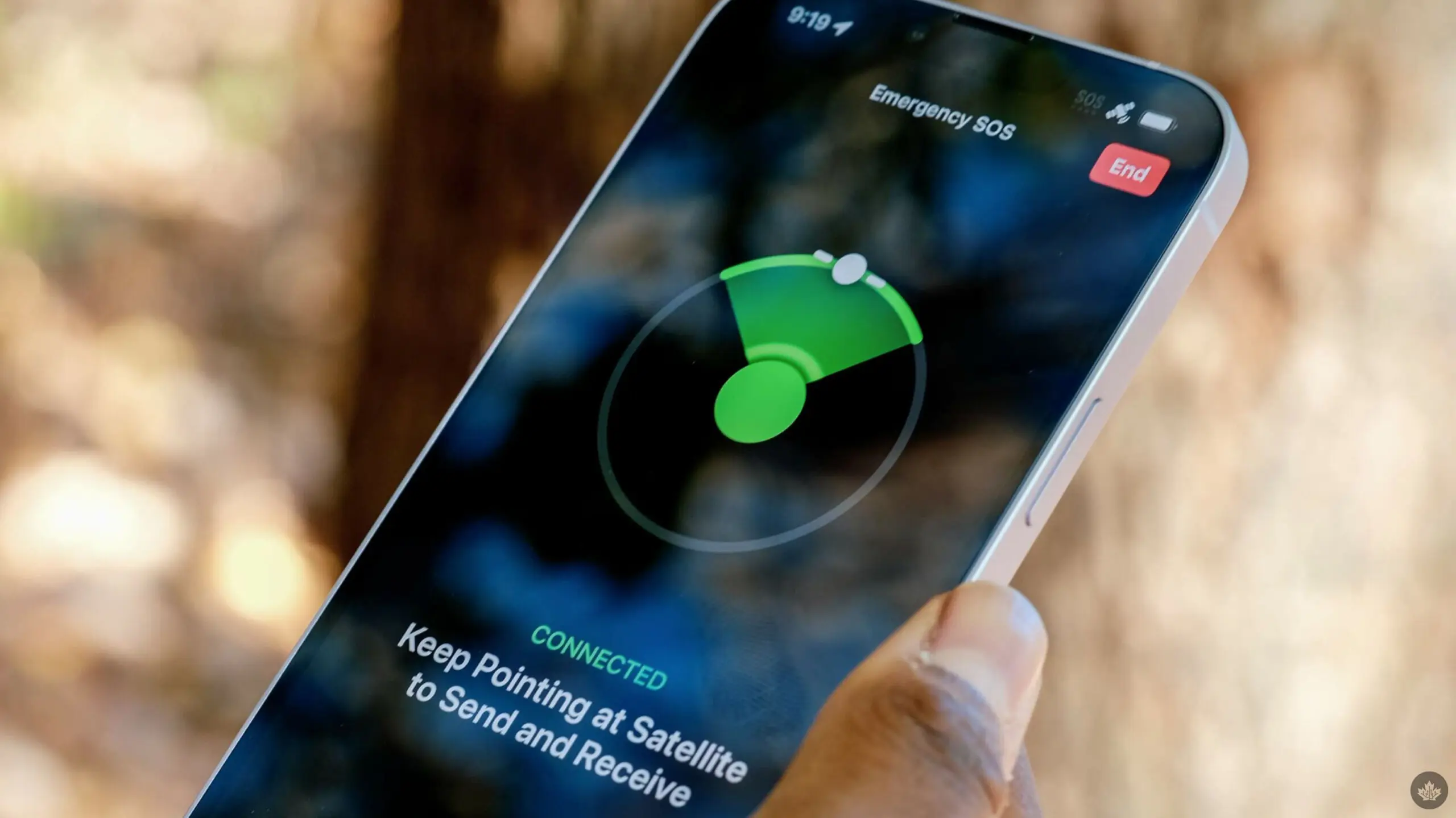Apple's Satellite Internet Journey: A Tale of Ambition and Competition
In 2015, Apple initiated discussions with Boeing to create a satellite internet service similar to Starlink. The goal was to provide internet access directly to iPhone users and offer home internet options for those willing to invest in a receiver.
Concerns Over Competition
However, as reported by The Information, Tim Cook grew apprehensive about the project's potential impact on Apple's relationships with global telecom providers. Given Apple's strong ties with these carriers, risking that partnership without a solid backup plan seemed unwise.
A Shift in Strategy
Despite the changing scope of the project, Apple successfully launched satellite connectivity features with the iPhone 14 in 2022. Since then, they have expanded this service beyond emergency communications to include standard texting capabilities.
An Unexpected Offer from Musk
Before rolling out their satellite services, Elon Musk reportedly approached Apple with an enticing proposal: he would grant them exclusive access to Starlink satellites for $5 billion upfront (approximately C$6.8 billion). This deal included an additional billion dollars each year for continued use of the service. According to The Information, Musk gave Apple just 72 hours to accept his offer; if they declined, he planned on launching a similar feature that would work across all mobile devices.
The Decision Not Taken
Ultimately, Apple turned down Musk's proposal. However, he later struck a deal with T-Mobile in the U.S., allowing them to provide satellite messaging services in areas lacking reliable LTE or 5G coverage. This beta program began in early 2024 and is set for full launch by July 2025. Interestingly enough, T-Mobile has already reduced its pricing from $15 per month down to $10 (around C$20 reduced to C$13).
The Regulatory Landscape and Future Prospects
The report indicates that one reason Apple hasn't charged users for its satellite features is due concern over being classified as a telecom carrier. Such classification could compel Apple into compliance with federal regulations regarding government surveillance-potentially requiring backdoors into secure apps like iMessage.
Additonally, there are worries within Apple about increasing regulations and traditional carriers entering the satellite market themselves might lead them away from their own ambitions in this area. Nevertheless, rumors suggest that upcoming products like the Apple Watch Ultra 3 will feature satellite connectivity this year. This suggests that while challenges exist ahead of them; it's likely they will maintain their current offerings until more competitors emerge globally-not just T-Mobile.
This ongoing saga highlights how tech giants navigate complex partnerships while trying not only innovate but also protect their existing business models amidst fierce competition.
Source: The Information
Please note that when you make a purchase through our links at GameHaunt, we might earn a small commission. This helps us keep bringing you the free journalism you love on our site! And don't worry; our editorial content remains totally unbiased. If you'd like to show some support, you can do so here.





